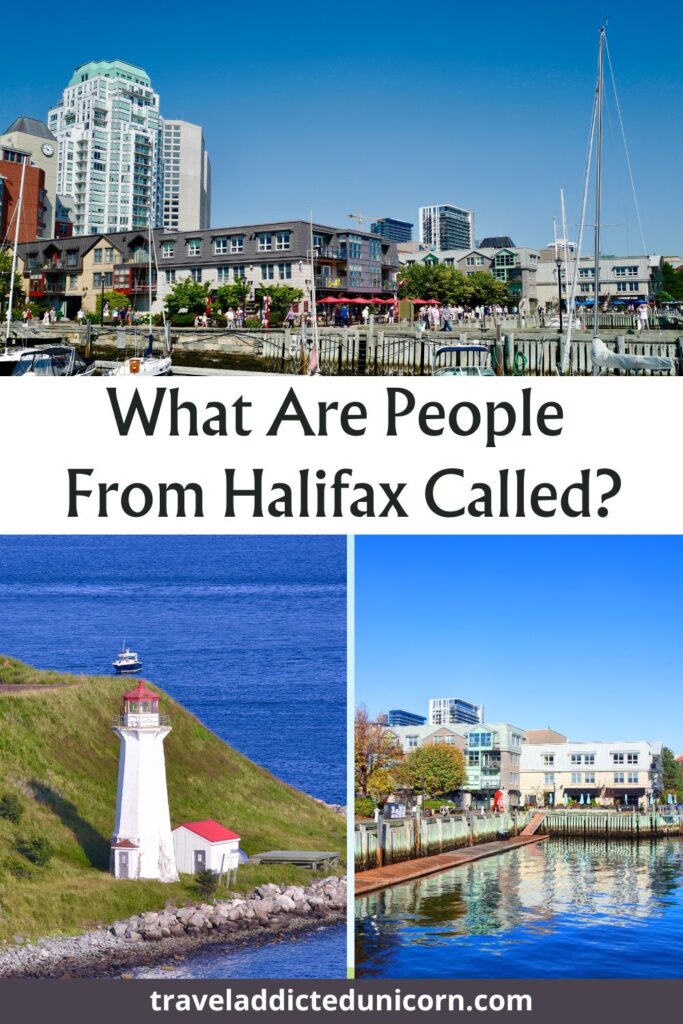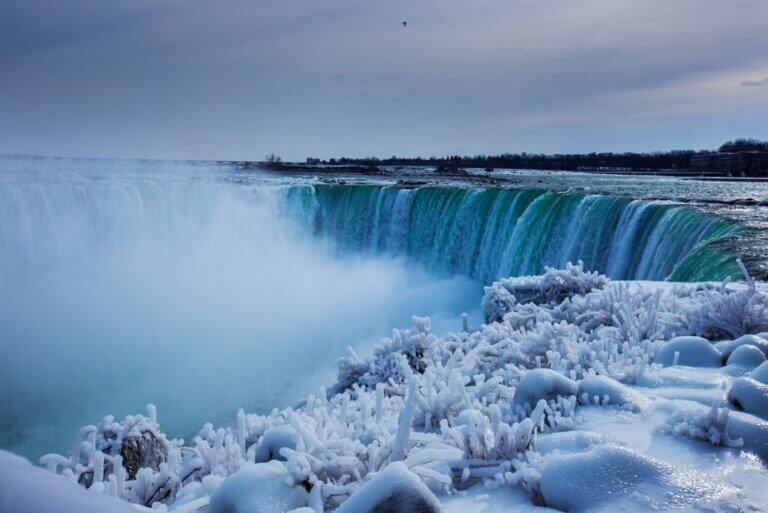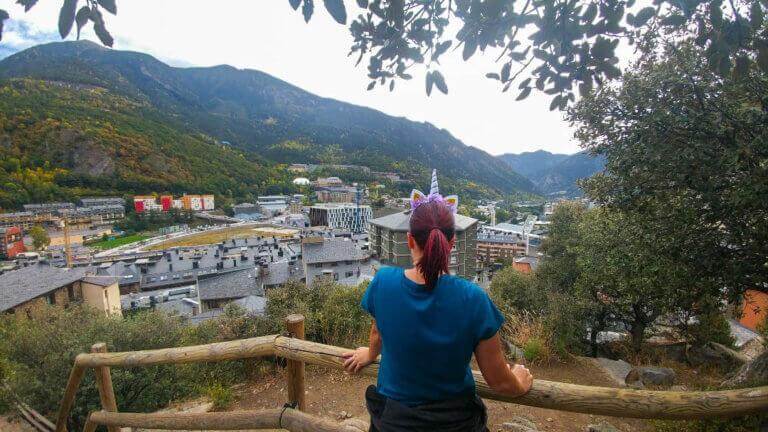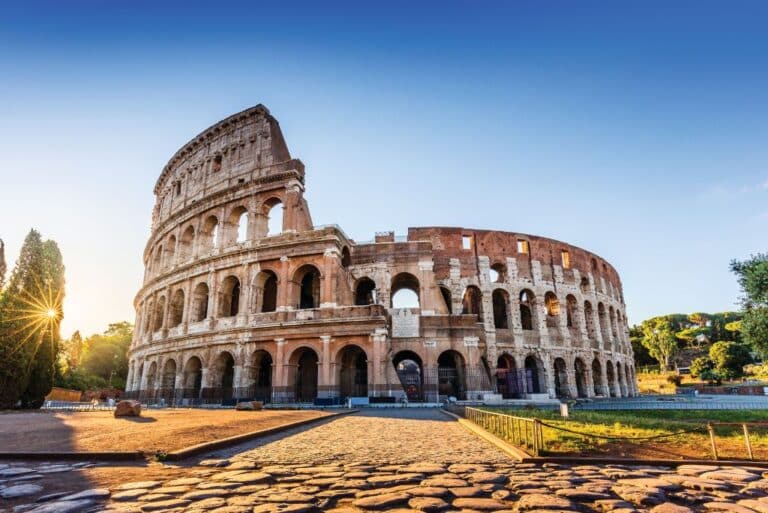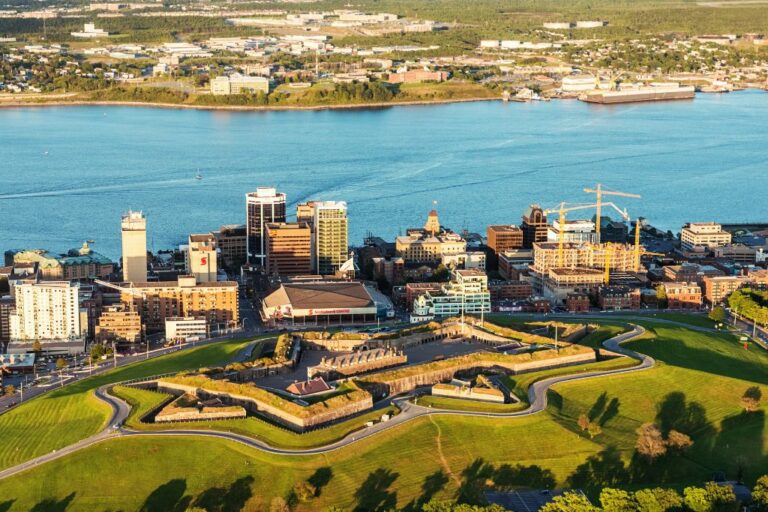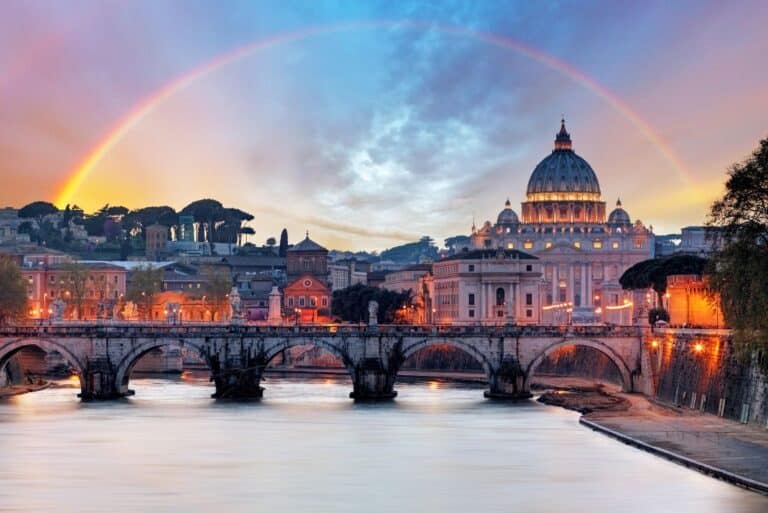What Are People From Halifax Called?
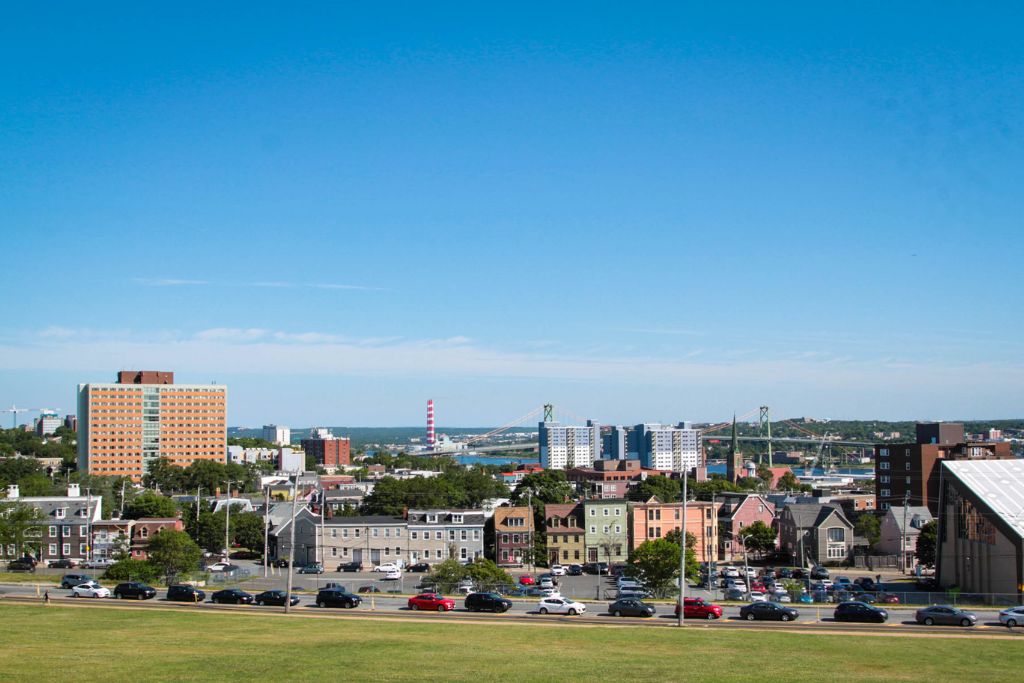
Are You Visiting Nova Scotia And Wondering What Are People From Halifax Called?
If you’re visiting Halifax, Nova Scotia you might be wondering, “What are people from Halifax called?”
Halifax, the vibrant capital of Nova Scotia, is famous for its rich history, scenic waterfront, and friendly locals.
But what do we call those who call this beautiful city home?
In this post, we’ll explore the official and conversational terms used for the people of Halifax, along with some additional insights into the city’s main language and religion.
Whether you’re planning a trip or just love learning about new places, this guide will help you learn more about Halifax.
What Are People From Halifax Called?
People typically call residents of Halifax Haligonians.
This unique term comes from the city’s name, which comes from the Old English words “halig” (holy) and “feax” (hair or face), which together mean “holy face” or “holy hair”.
While “Haligonian” is the official term, it’s not as widely known outside of the region, so many people simply refer to them as “Halifax locals” or “residents.”
The term “Haligonian” reflects the city’s rich maritime history and pride, and you’ll often hear it used by locals themselves.
Whether you’re visiting or moving to Halifax, embracing the title of Haligonian connects you to the community and its vibrant culture!

What Do You Call Someone From Dartmouth, Nova Scotia?
Dartmouth, Nova Scotia is a community located directly across the harbor from downtown Halifax.
Halifax connects to Dartmouth through two bridges—the Macdonald Bridge and the MacKay Bridge.
As well as by the Halifax-Dartmouth ferry, one of the oldest saltwater ferry services in North America.
People from Dartmouth, Nova Scotia, typically call themselves Dartmouthers.
While locals commonly use this term to describe someone from Dartmouth, it isn’t as widely known as “Haligonian” for residents of Halifax.
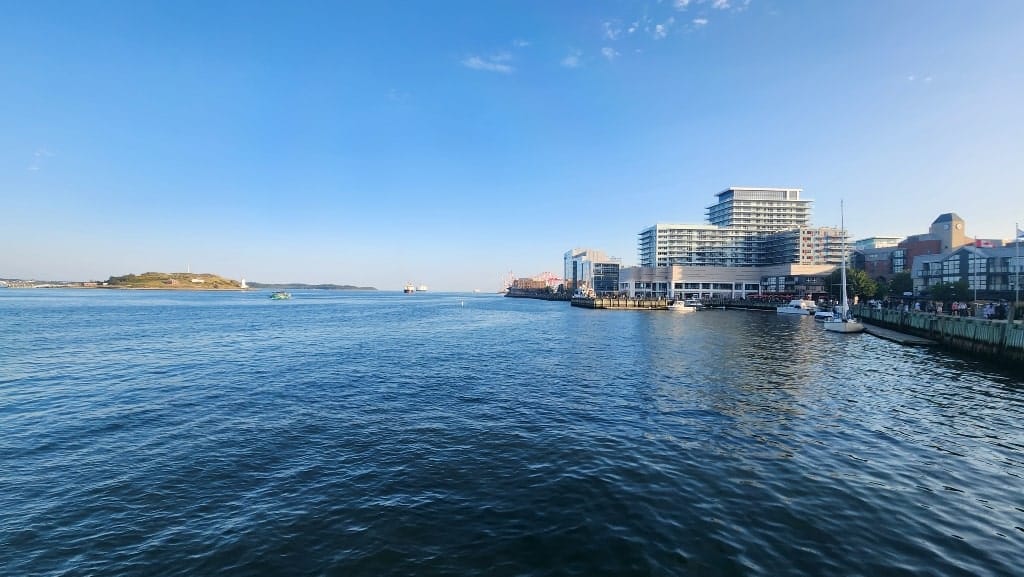
Who Are The Indigenous People Of Halifax?
The Indigenous people of Halifax are primarily the Mi’kmaq (or Mi’kmaw) Nation.
The Mi’kmaq have lived in the region for thousands of years, calling their traditional territory Mi’kma’ki.
It encompasses all of Nova Scotia, Prince Edward Island, and parts of New Brunswick, Quebec, Newfoundland, and Maine.
In the Halifax area, known to the Mi’kmaq as Kjipuktuk (meaning “Great Harbour”), the Mi’kmaq have deep cultural, spiritual, and historical connections to the land and water.
Today, the Mi’kmaq people continue to play an important role in the community, working to preserve their language, culture, and traditions.
Halifax promotes reconciliation and understanding of Mi’kmaq history through public art, education, and events like Treaty Day (October 1st).
Which recognizes the historic treaties between the Mi’kmaq and the Crown.
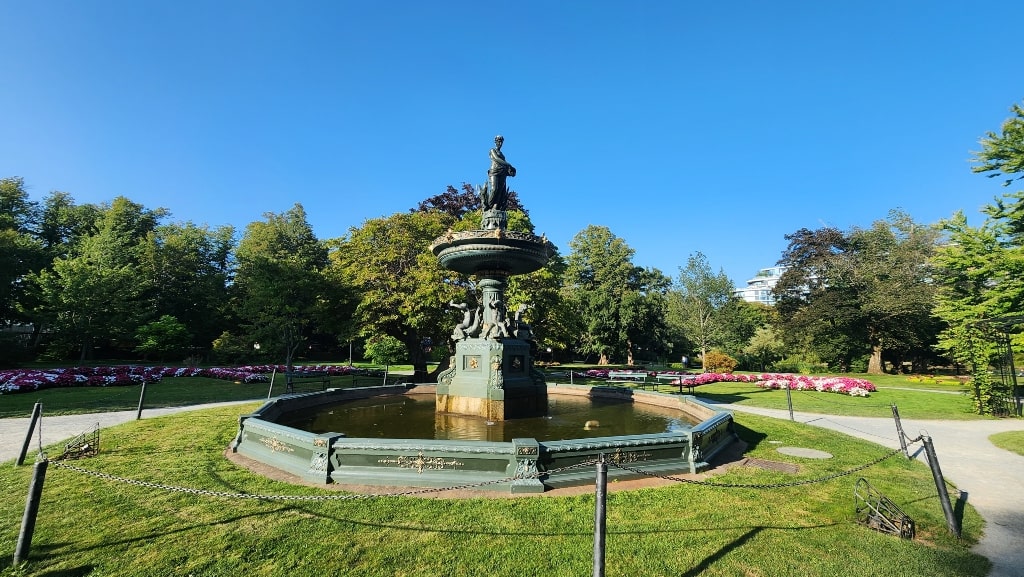
What Are People From Nova Scotia Called?
People call residents of Nova Scotia Nova Scotians.
This straightforward term comes from the province’s name, which means “New Scotland” in Latin.
Nova Scotians are famous for their friendly and welcoming nature, which is deeply rooted in the province’s maritime history and cultural heritage.
Are Most Nova Scotians Scottish?
While Nova Scotia has a significant Scottish heritage, it is not accurate to say that most Nova Scotians are of Scottish descent.
Nova Scotia is a culturally diverse province with many ethnic backgrounds.
Scottish settlers began arriving in Nova Scotia in the early 18th century.
They established communities, particularly in areas like Cape Breton and the northeastern part of the province.
This Scottish influence is still evident today in place names, cultural traditions, and festivals.
However, Nova Scotians come from various backgrounds, including Acadian, Mi’kmaq, Irish, English, French, and more.
According to the 2023 Census, the largest ethnic group in Nova Scotia is Scottish, followed closely by English, Irish, and Acadian, among others.
The province’s multicultural makeup reflects its history of immigration and settlement, making it a unique and diverse place to live.

What Is The Nickname Of Halifax?
One of the most common nicknames for Halifax is “The Hub” or “The Hub of the Maritimes”.
Reflecting its status as a central cultural, economic, and transportation hub in Atlantic Canada.
Many consider Halifax the focal point of the region because of its important port, vibrant arts scene, and major institutions, including universities and government offices.
Other informal nicknames are “Hali,” “Haligonia,” or even “Halifornia,“ which locals affectionately use when referring to the city.
Also, Halifax sometimes carries the nickname “City of Trees” due to its numerous parks and green spaces, including the famous Halifax Public Gardens.
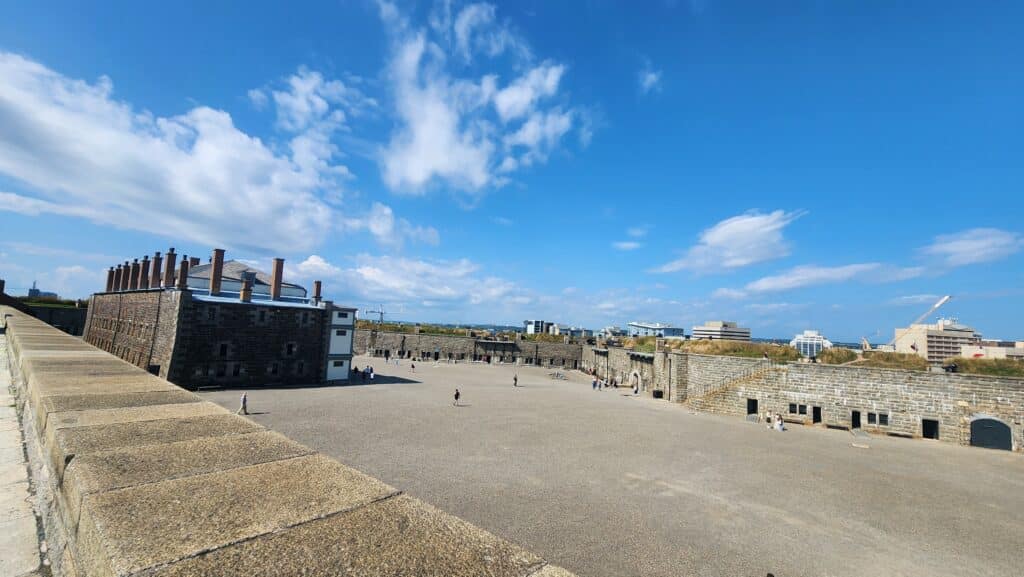
What Is Nova Scotia’s Nickname?
People often refer to Nova Scotians as Bluenosers, a nickname with historical roots and several possible origins.
One theory suggests that the name comes from the blue-skinned potatoes that were commonly grown in the province during the 18th century, which became a staple food for locals.
Another explanation points to the cold maritime winters. Where the harsh weather often left people’s noses red or “blue,” leading to the term “Bluenose” as a playful reference to their resilience.
The nickname gained even more prominence with the success of the Bluenose schooner. Which was a famous racing and fishing vessel built in Lunenburg in 1921.
The Bluenose became a symbol of Nova Scotia’s maritime heritage, winning multiple international races and bringing pride to the province.
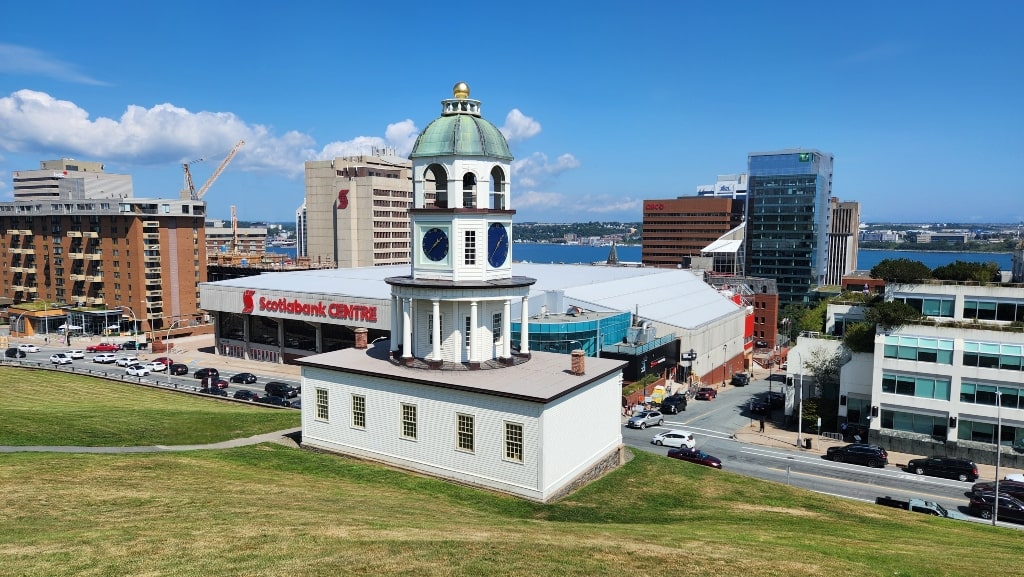
What Was Halifax Originally Called?
Halifax’s original name was Chebucto (Kjipuktuk), a name given by the local Mi’kmaq people, meaning “great harbour” or “big water.”
This reflects the area’s significance as a natural, deep-water port long before European settlers arrived.
When the British established the city in 1749, they named it Halifax in honor of George Montagu-Dunk, the 2nd Earl of Halifax.
He was a British statesman and a key figure in promoting the settlement of Nova Scotia.
While locals occasionally use “Chebucto” to refer to the harbour area, the city adopted the British name Halifax as its official name, which remains in use today.
The Mi’kmaq name Chebucto, however, highlights the region’s long history and Indigenous presence prior to European colonization.
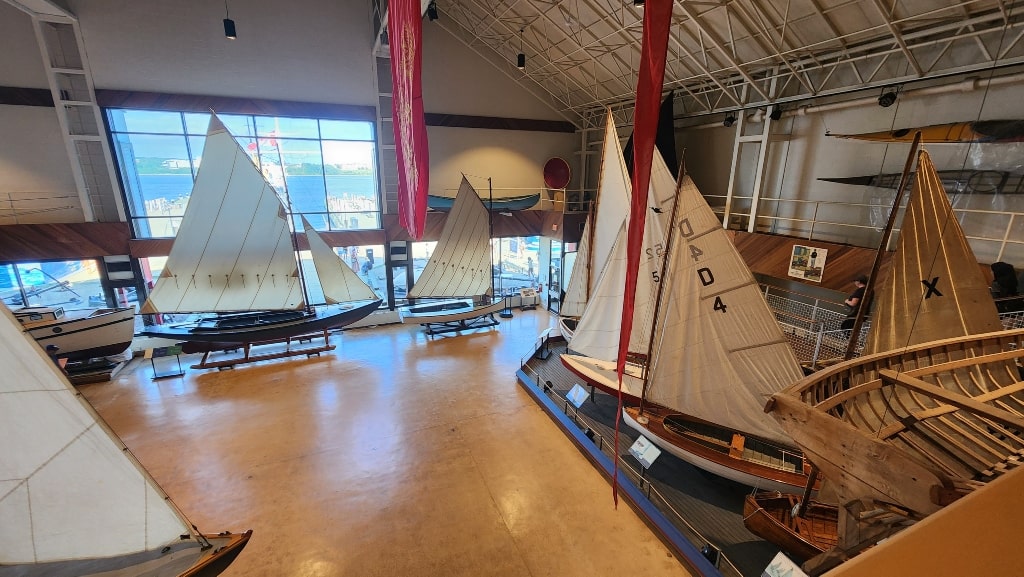
🦄 Related Halifax blog posts:
10 Fun Things To Do In Halifax For Adults
Is There Uber In Halifax
How Often Does It Snow In Nova Scotia?
This Coastal Town Near Halifax Is A Must Visit
Is Halifax A Walkable City? + Most Walkable Neighborhood
FAQs: What Are People From Halifax Called?
Let’s take a look at some of the most frequently asked questions regarding what people from Halifax are called.
What did the French call Nova Scotia?
The French called Nova Scotia “Acadie” (or “Acadia” in English).
Therefore, the settlers who lived in Acadie called themselves Acadians.
During the early French colonization of the region in the 17th century, settlers used this name.
It referred not only to present-day Nova Scotia but also to parts of what are now New Brunswick, Prince Edward Island, and northern Maine.
Their unique culture, language, and traditions continue to be an important part of the region’s heritage.
The Acadian people maintained close ties with the land, developing a distinctive way of life, especially around agriculture and fishing.
Even after the British took control of Nova Scotia, Acadian culture remained influential.
Therefore, today, Acadian communities continue to thrive in parts of Nova Scotia and the Maritime provinces.
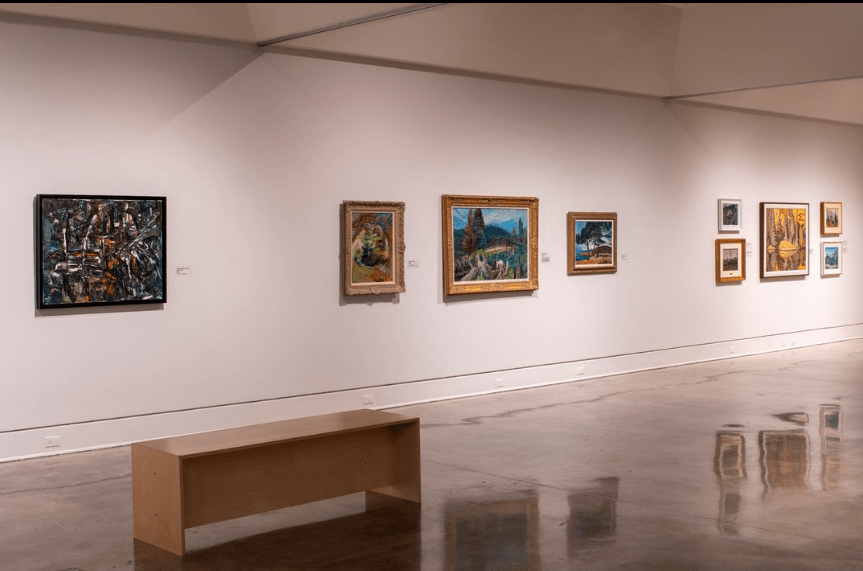
What language does Halifax speak?
The primary language spoken in Halifax is English, as it is the dominant language in Nova Scotia and across most of Canada.
However, as part of a bilingual country, French is also spoken, and services are often available in both English and French, particularly in government institutions.
In addition to English and French, Halifax is a multicultural city with a growing population of immigrants and international students.
As a result, you may hear a variety of languages spoken, including Arabic, Mandarin, Spanish, and others.
Also, the Indigenous Mi’kmaq language is significant to the region’s heritage.
There are efforts to revitalize and promote it within Mi’kmaq communities in Nova Scotia.

What is the main religion in Nova Scotia?
The main religion in Nova Scotia is Christianity, with the majority of residents identifying as Christians.
Historically, Roman Catholicism and various Protestant denominations, such as Anglicanism, United Church of Canada, Baptist, and Presbyterianism, have been the most prominent Christian affiliations in the province.
However, like much of Canada, Nova Scotia has become increasingly diverse in terms of religious beliefs and practices.
In recent years, there has been a growing number of people identifying with other faiths.
Such as Islam, Judaism, Hinduism, Buddhism, as well as those identifying as non-religious or secular.
This reflects the broader trends of multiculturalism and religious diversity in the province.
🦄 If you are looking for more helpful content about the Maritimes, check out these blog posts:
What Is Special About Hopewell Rocks, New Brunswick?
Is Fredericton A Walkable City? Guide To Getting Around The City
Is Charlottetown Worth Visiting? Things To Do & Reasons To Visit
Meridian63° Luxury Camping Review
15 Best Places To Visit In Canada In December
Conclusion: What Are People From Halifax Called?
In conclusion, we know the people of Halifax as Haligonians.
A unique and historically rooted term that reflects the city’s rich maritime culture and identity.
While this name may not be widely popular outside the region, it holds deep meaning for locals and connects them to Halifax’s long history.
Now that you know what to call the residents of Halifax, you’ll feel right at home in this beautiful city by the ocean!
